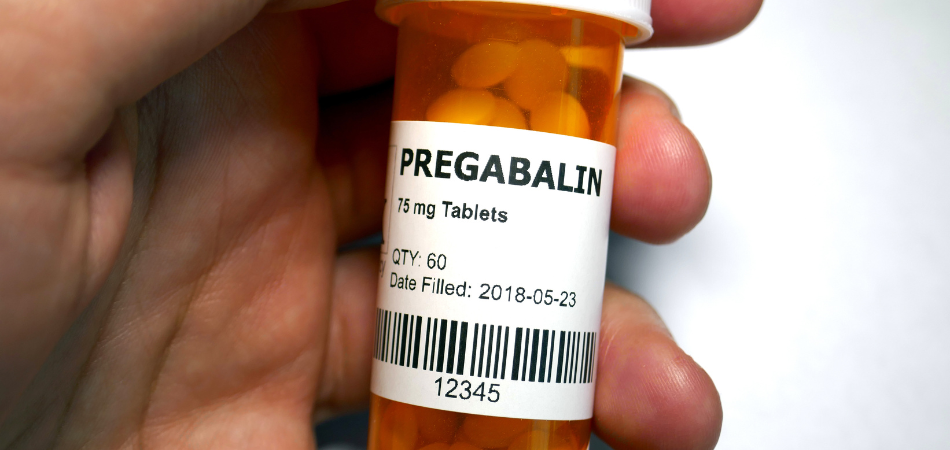 Representational Photo
Representational Photo
By Shahid Shafi Rather
Kashmiri youth are facing a new kind of danger.
Pregabalin, a prescription medication meant to treat neuropathic pain, epilepsy, and anxiety, is increasingly being misused across the region.
What begins as a legitimate treatment for discomfort or anxiety can quickly spiral into dependence when the drug is taken in higher doses, often without medical supervision.
Its sedative and euphoric effects make it an appealing choice for recreational use, adding another layer to the region’s longstanding battle with substance abuse.
Recent reports from regional de-addiction centers reveal a troubling reality. Nearly 44% of patients seeking help cite Pregabalin as their primary drug of misuse, and over half combine it with opioids, tramadol, or codeine.
Most users are young men, between 18 and 35, facing unemployment, academic pressure, and limited access to mental health care. Many start with a legitimate prescription, unaware that dependence can creep in silently, sometimes hidden from families and doctors.
Several forces fuel this rise.
Pregabalin remains easily available in local pharmacies and shops, often without strict prescription checks. Its legal status and perception as a “safe” drug give it a deceptive appeal for those seeking relief from stress, emotional pain, or boredom.
Families and users frequently underestimate the risks of prolonged use, withdrawal symptoms, and long-term health consequences.
Health experts warn of serious dangers. Dependence can develop quickly, and withdrawal may trigger anxiety, insomnia, tremors, nausea, or even suicidal thoughts.
Cognitive difficulties, sedation, and respiratory issues grow more serious when Pregabalin is combined with other substances. The drug’s impact often reaches beyond the individual, subtly eroding family life, education, and social stability before intervention occurs.
The social cost is heavy. Parents and siblings notice changes in behaviour but rarely recognize drug misuse until severe problems emerge. Affected youth face interruptions in schooling, work, and relationships, while families bear emotional and financial burdens.
Healthcare systems, already stretched thin dealing with traditional substance abuse, face new pressure as the epidemic spreads.
Authorities are responding. The Drugs and Food Control Organisation has suspended licenses of several pharmaceutical dealers and seized stock worth over ₹13.5 lakh, including Pregabalin-based medications.
These actions are a start, but easy access in local shops continues to fuel misuse. Experts emphasize a multi-pronged response: strict regulation of sales, public awareness campaigns, early screening, counseling, more rehabilitation centers, and training for pharmacists and healthcare providers to detect and prevent misuse.
Pregabalin’s rise signals a shift in Kashmir’s drug landscape.
Addiction is no longer limited to illegal narcotics. Legal prescription medications have become part of the cycle. Without swift, comprehensive action, the health, productivity, and social stability of the region’s youth remain at risk.
The Health Department must enforce prescription-only sales, conduct routine pharmacy inspections, and penalize unauthorized vendors.
Coupled with community awareness and accessible mental health interventions, these steps can help curb an emerging epidemic and safeguard Kashmir’s next generation.
The author is a social activist and scholar based in Chakoora, Pulwama. He can be reached at [email protected].
